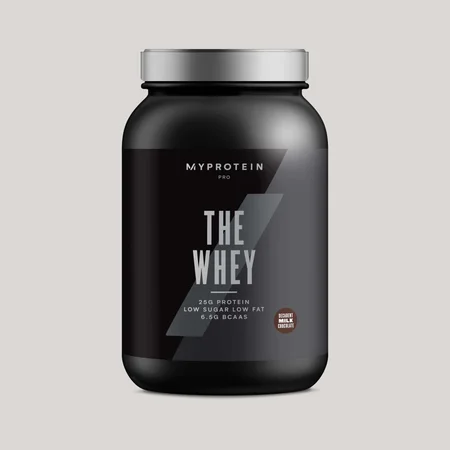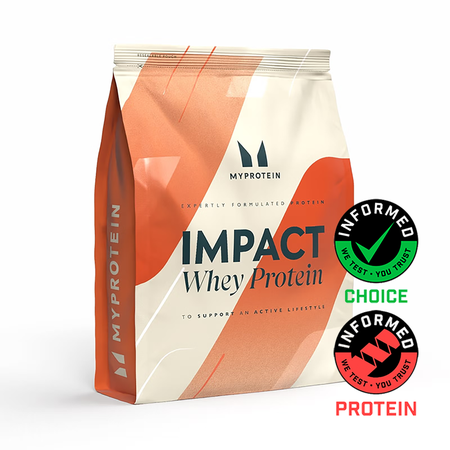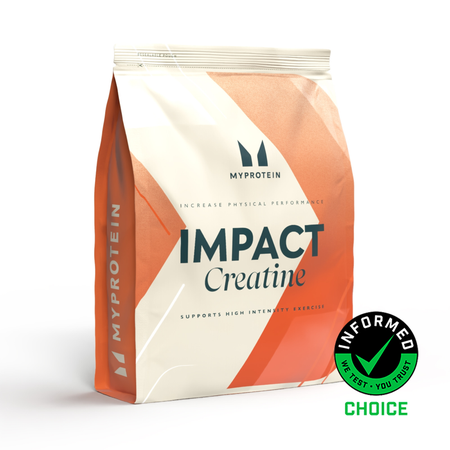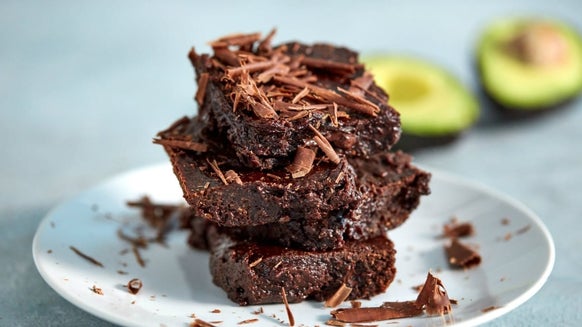
Want to get more from your training and recovery time? This is where many people look for a convenient protein source to get them started. Supplementing your diet with protein can be a great way to help you achieve the results you want. The question is, which protein is better to consume to help reach your goals – whey or casein?
Two of the most popular proteins available are whey and casein. They’re both high-quality complete proteins rich in branched-chain amino acids (BCAAs) making them a great tool for muscle growth and repair.1
Read on further to find the main difference between both and how to take them.
In this article, you'll find:
What is Whey?
Whey is a high-quality source of protein found in cow’s milk and it can be processed in various ways to produce three main forms of whey:
1. Isolate
2. Concentrate
3. Hydrolysate
The difference between each variation is mainly the level of fat and carbohydrates. Concentrate tends to have slightly less protein and more fats and carbs, while isolate and hydrolysate are more processed to get a higher level of protein and lower levels of carbs and fat. Whey is much higher in leucine content than casein protein. Leucine is one of the most beneficial BCAAs required for muscle growth and recovery. As a result, taking whey after a workout can help in preventing excessive muscle breakdown and in promoting muscle synthesis.1
Whey protein is commonly found in powder form and comes in more flavours than you could ever think of, such as sticky toffee pudding and salted caramel. It is a multi-use supplement meaning it can be used as a shake with water or milk or added into foods such as porridge or bakes.
What is casein?
Casein protein is also found in cow’s milk too and contains all the essential amino acids. It’s more slowly digested than whey resulting in a slower, more prolonged release of amino acids. This makes it a very beneficial supplement to take especially during prolonged periods of fasting or before you to go sleep.1,2,3,4,5
It’s also widely available, usually in powder form and can be taken as a quick shake usually with milk or water. It can also be a good addition to some Greek yoghurt, which is a great source of casein too.
What's the difference between casein and whey?
Casein and whey are both proteins that are found in milk. Casein actually makes up 80% of the protein in milk, while whey makes up the other 20%. They’re both complete proteins, meaning they contain all the essential amino acids that the body can’t make itself. The main difference between both is the rate of digestion — casein takes longer to digest. It has a slow absorption rate in the gut which means that it slowly provides your cells with small amounts of amino acids over a long time. Both proteins are rich in amino acids, but whey is considered better for muscle building whereas casein is useful to prevent muscle breakdown.
Using both proteins in combination with each other at different times of the day can help boost better muscle growth and prevent muscle breakdown.
When should you take each?
To achieve optimum muscle growth and recovery, take both supplements in combination at different times of the day. Supplementing whey protein before or during your workout helps to fuel your muscles quickly due to its rapid-digesting nature.
On the other hand, if you’re looking to prevent muscle breakdown during periods of prolonged fasting — especially overnight — casein is your best friend. Supplementing with casein can also be beneficial in holding off hunger as protein often makes you feel fuller for longer, helping to reduce your food intake and in promoting weight loss.
One study found whey protein to increase protein synthesis by nearly two thirds, but it had no effect on muscle protein breakdown. On the other hand, Casein decreased protein degradation by one third and it didn’t affect protein synthesis.6 This may be a reason to use both in your daily routine to preserve and build muscle.
In addition to this, another study found no difference in muscle protein synthesis despite different patterns of blood amino acid response.7 This concludes that the most important thing overall is to ensure you are getting enough protein in your diet overall. Good lean sources of protein in your diet includes chicken, turkey, fish, meat-free alternatives, dairy and pulses.
Take home message
Both whey and casein are two beneficial proteins that can be supplemented into your diet to promote muscle growth and repair. The main variation between both proteins is the time it takes to be digested and absorbed.
Whey protein is recommended to those of you who wish to maximise muscle growth after a workout because of it being rapidly digested and absorbed. If you wish to increase muscle growth but prevent protein breakdown during prolonged periods of fasting, then casein is better.
It’s also important to not forget that a healthy balanced diet and the right exercise programme is also needed alongside protein supplementation to help with maximising muscle growth and in aiding with recovery.

1. Phillips, M. (2014). A brief review of critical processes in exercise-induced muscular hypertrophy. Sports Medicine. 44(1). 71-77.
2. Madzima, T., Melanson, J., Black, J., & Nepocatych, S. (2018). Pre-Sleep Consumption of Casein and Whey Protein: Effects on Morning Metabolism and Resistance Exercise Performance in Active Women. Nutrients, 10(9), 1273. doi: 10.3390/nu10091273
3. Trommelen, J., & van Loon, L. (2016). Pre-Sleep Protein Ingestion to Improve the Skeletal Muscle Adaptive Response to Exercise Training. Nutrients, 8(12), 763. doi: 10.3390/nu8120763
4. Devries, M., & Phillips, S. (2015). Supplemental Protein in Support of Muscle Mass and Health: Advantage Whey. Journal Of Food Science, 80(S1), A8-A15. doi: 10.1111/1750-3841.12802
5. Ribeiro, A., Nunes, J., Schoenfeld, B., Aguiar, A., & Cyrino, E. (2019). Effects of Different Dietary Energy Intake Following Resistance Training on Muscle Mass and Body Fat in Bodybuilders: A Pilot Study. Journal Of Human Kinetics, 70(1), 125-134. doi: 10.2478/hukin-2019-0038.
6. Dangin, M., Boirie, Y., Garcia-Rodenas, C., Gachon, P., Fauquant, J., Callier, P., … & Beaufrère, B. (2001). The digestion rate of protein is an independent regulating factor of postprandial protein retention. American Journal of Physiology-Endocrinology And Metabolism, 280(2), E340-E348.
7. Tipton, K. D., Elliott, T. A., Cree, M. G., Wolf, S. E., Sanford, A. P., & Wolfe, R. R. (2004). Ingestion of casein and whey proteins result in muscle anabolism after resistance exercise. Medicine & Science in Sports & Exercise, 36(12), 2073-2081.









